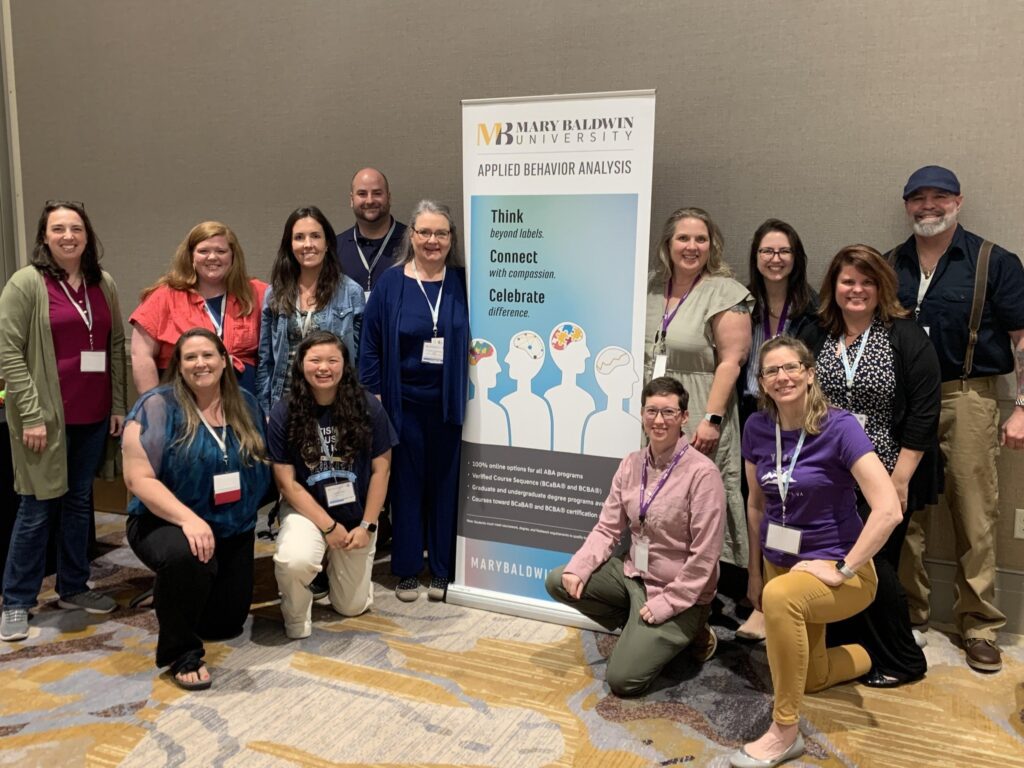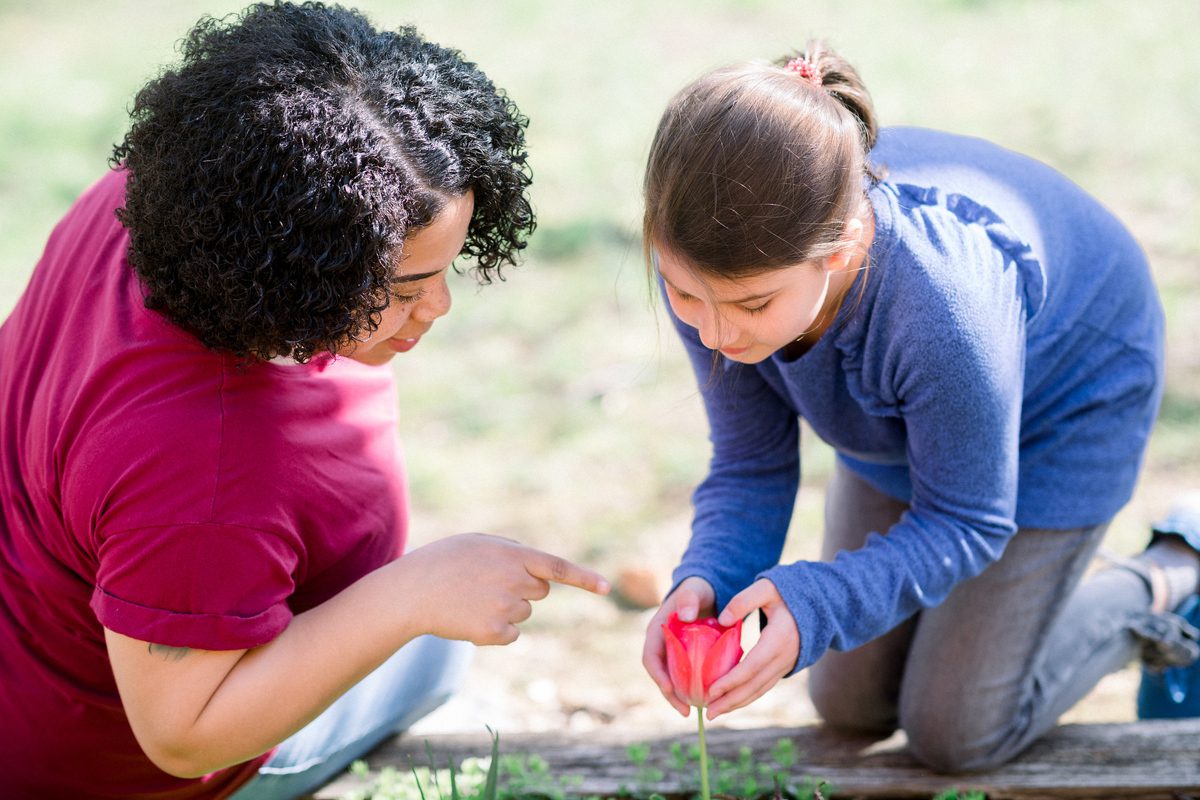There's often a lot of interest when public figures share personal stories, especially those that touch on family life and significant health matters. People naturally feel a connection, and so, questions sometimes come up about the lives of those in the public eye. One question that has come up for many, perhaps out of genuine curiosity or a desire to learn more, is about the Baldwin family and neurodiversity. This article aims to address a common query: "Which Baldwin son has autism?" We will share details about this particular family member and discuss the broader impact of such public conversations.
For many years, the Baldwin name has been part of conversations about Hollywood and public life. The family includes several actors, and their lives sometimes become topics of public discussion. It's quite interesting, really, how much people want to know about those they see on screens. When personal stories are shared, it can help others feel less alone or better informed. This is certainly true when it comes to topics like autism, a condition that touches many families around the world. We'll be focusing on a specific member of the Baldwin family who has openly shared his experience.
The information we share comes from various public statements and reports, including details from our own source material. This source, as a matter of fact, confirms that one of the Baldwin sons is indeed on the autism spectrum. His story, and his family's openness, offers a chance for us to talk more about what it means to live with autism and how important support can be. We will look at who this individual is and what his public sharing means for wider conversations about neurodiversity. You know, it's pretty powerful when someone steps forward like that.
Table of Contents
- Understanding Autism and Public Figures
- Atticus Baldwin: A Profile
- The Impact of Shared Stories
- Advocacy and Awareness
- Looking Ahead: Support and Resources
- Frequently Asked Questions
Understanding Autism and Public Figures
When someone famous, or a family member of someone famous, shares their personal journey with autism, it can truly change things. It brings the topic into everyday conversations, which is very helpful. This kind of sharing helps to clear up some common ideas about autism and shows the many different ways it can show up in people. Public figures, you know, have a platform, and when they use it to talk about something so personal, it often helps many others feel seen and understood. It’s a powerful thing, actually, for sure.
The Role of Public Figures in Awareness
Public figures, by their very nature, attract a lot of attention. When they choose to speak about conditions like autism, they can significantly boost public awareness. This kind of openness helps to reduce stigma and encourages more people to learn about neurodiversity. It's a way to show that autism is a part of human experience, not something to hide. Their stories can inspire families facing similar situations, giving them hope and a sense of shared experience. So, it's almost like they become informal educators for a huge audience.
Their personal accounts also help to put a human face on autism. Instead of just statistics or medical terms, people hear real stories from real families. This can make a big difference in how the public views and interacts with individuals on the spectrum. It helps to foster a more accepting and understanding society, which is pretty important. We often see how a celebrity's personal story can shift public opinion or bring attention to a cause that truly needs it.
What Autism Can Mean for Families
Living with autism affects families in many ways, each journey being unique. For some, it might mean learning new ways to communicate, especially if a child does not use spoken words, or perhaps only repeats words they hear. There can be times of intense emotion, like when a child might yell if they are angry or overwhelmed. It's a bit of a learning curve for everyone involved, trying to figure out the best ways to support each other. Families often seek services to help their loved ones, like being on a waiting list for special programs, as our source material mentions for a son with ASD.
Family unity is a big part of navigating life with autism. Support systems, whether from within the family or from the wider community, really help to improve the quality of life for individuals with intellectual or developmental differences. Sometimes, families might even face tough situations, like housing insecurity, while also supporting a child with autism, as one story in our source material highlights. It shows how much strength and resilience families can have. Finding community-based services can really make a difference, offering a network of natural support.
Atticus Baldwin: A Profile
So, to answer the main question directly, the Baldwin son who has been publicly identified as being on the autism spectrum is Atticus Baldwin. He is the son of actor Daniel Baldwin. Atticus has become known not only for his acting work but also for his role as an advocate for individuals with autism. His openness helps to bring more visibility to neurodiversity and the experiences of those who live with it. This kind of personal sharing is quite valuable for the broader community, don't you think?
Biography and Advocacy
Atticus Baldwin, as mentioned, is Daniel Baldwin’s son. He has made a name for himself in the acting world, but his influence extends beyond the screen. Our source material confirms that Atticus is an actor and also an advocate for individuals with autism. This dual role allows him to share his personal journey and speak up for others who share similar experiences. He is also a graphic designer, and has even started a small online business, selling a t-shirt he designed. This shows his creative spirit and drive, which is really something.
His advocacy is a powerful example of how personal experience can fuel a desire to help others. By being open about his own life, Atticus contributes to a growing conversation about neurodiversity. He helps to show that individuals with autism have diverse talents and can achieve many things. It is inspiring, in a way, to see someone use their platform to make a positive impact. His efforts help to build a more accepting world for everyone on the spectrum.
Personal Details
| Name | Atticus Baldwin |
| Parent | Daniel Baldwin |
| Profession | Actor, Graphic Designer, Advocate |
| Known For | Acting, Autism Advocacy, Online Business |
| Neurodiversity | Autism Spectrum Disorder (ASD) |
The Impact of Shared Stories
When someone like Atticus Baldwin shares his story, it creates a ripple effect. It's not just about one person; it's about validating the experiences of countless families. These shared stories help to break down barriers and build bridges of understanding. They show that while challenges exist, there is also immense strength, creativity, and joy in neurodiverse lives. This kind of public sharing is, you know, very important for fostering a more inclusive society. It truly is.
Creating a Supportive Community
Open conversations about autism help to build stronger, more supportive communities. When people hear about others’ experiences, it can spark empathy and encourage action. This might mean supporting local services for individuals with intellectual disabilities or developmental differences, or simply being more understanding in daily interactions. Community-based services, as our source highlights, are designed to promote family unity and enhance the quality of life for citizens. It’s about creating a network where everyone feels supported, which is a rather big deal.
These shared narratives also empower families to seek help and connect with others who understand their journey. Knowing you are not alone can be a huge comfort. It encourages families to share their own stories, creating a cycle of support and awareness. This collective voice becomes a powerful force for change, pushing for better resources and greater acceptance. It’s about building a sense of belonging for everyone, really.
Family Life and Support Systems
Family life with autism often means adapting and finding new ways to connect. It can involve moments of frustration, like when a child has trouble communicating or becomes overwhelmed and yells. Yet, it also brings unique joys and perspectives. Supporting a child with autism often means looking for specialized services and resources. Our source mentions a son who is 14 in December and has ASD, currently on a waiting list for support since 2022. This shows the real-world wait times families can face.
Sometimes, families face additional hardships, like being without a home, while also caring for a child with autism. One personal account in our source talks about being "currently homeless and my son has autism," highlighting the intense challenges some families endure. In such situations, community support becomes even more vital. These stories underscore the importance of natural family and community support systems to help families thrive, no matter their circumstances. It’s about making sure every family has a chance to find stability and happiness.
Advocacy and Awareness
Advocacy for autism is about more than just raising money; it's about changing perceptions and ensuring individuals on the spectrum have every opportunity to live full, meaningful lives. When public figures like Atticus Baldwin step into this role, they amplify the message in a significant way. They help to shine a light on the needs and strengths of the autistic community. This kind of work is truly important, and it can reach so many people, you know.
Atticus's Role in the Community
Atticus Baldwin's role as an actor and advocate means he can reach a wide audience. His personal experience gives his advocacy a genuine voice. He shows that individuals with autism are capable, creative, and can contribute greatly to society. His graphic design work and online business further demonstrate his abilities and entrepreneurial spirit. This shows that having autism doesn't limit one's potential; it just means having a different way of thinking and experiencing the world. It's a powerful message, honestly.
His willingness to share his story helps to normalize conversations about neurodiversity. It helps to break down outdated ideas and promotes a more accurate understanding of autism. This kind of public presence is vital for moving towards a world where individuals with autism are fully accepted and supported. He's making a real difference, you could say, by simply being himself and sharing his journey.
Beyond the Headlines: Real Experiences
While celebrity stories are important for awareness, it's also crucial to remember the many individual experiences that make up the autism community. For many families, life with autism involves daily routines, therapy sessions, and sometimes struggles with communication. Our source mentions a son who "doesn't communicate with us, sometime a word open eat and repeat words after us, he is hyper, yelled shen he is angry." These are very real aspects of living with autism for many families.
These personal details help to paint a fuller picture of autism, moving beyond general ideas to specific, lived realities. They remind us that every person on the spectrum is an individual with unique needs, strengths, and challenges. The goal of advocacy is to ensure that all these diverse experiences are understood and that appropriate support is available for everyone. It's about recognizing the humanity in every story, which is quite beautiful.
Looking Ahead: Support and Resources
The conversation around autism continues to grow, and with it, the understanding of how best to support individuals and their families. This ongoing dialogue is crucial for developing better resources and more inclusive environments. Knowing about public figures like Atticus Baldwin helps keep the topic in the public eye, but the real work happens at the community level. It’s about making sure help is there for everyone who needs it, which is something we should all aim for.
Finding Help for Families
For families seeking support for a loved one with autism, knowing where to turn can sometimes be a challenge. As our source mentions, some families face long waiting lists for services, like the "waiting list for oap since 2022." This highlights the need for more accessible resources. Community-based services are a key part of the solution, offering support systems that promote family unity and improve the quality of life for citizens with intellectual and developmental disabilities. These services are often tailored to the specific needs of a community, which is very helpful.
Organizations focused on autism advocacy and support can offer valuable information, connections to other families, and guidance on navigating available services. These groups work to ensure that families have the tools and knowledge they need to support their loved ones effectively. They can also help families understand the unique communication styles that might be present, like a child who repeats words or struggles to communicate thoughts. Learning more about autism support on our site might be a good next step for some.
The Power of Connection
Ultimately, the power of shared stories, whether from public figures or everyday families, lies in their ability to connect people. When we hear about someone like Atticus Baldwin, it helps us see the person beyond the diagnosis. It fosters a sense of shared humanity and encourages empathy. This connection is vital for building a society where everyone, regardless of their neurotype, feels valued and understood. It’s about building bridges, you know, between different experiences and perspectives. You can also learn more about family support resources here.
Frequently Asked Questions
People often have questions about autism and public figures, so here are a few common ones:
Is Atticus Baldwin involved in autism advocacy?
Yes, Atticus Baldwin is an actor and an advocate for individuals with autism. He uses his platform to bring attention to neurodiversity and share his personal experiences.
How does public awareness of autism help families?
Public awareness helps reduce stigma, promotes understanding, and encourages the development of more support services. It also helps families feel less isolated and more connected to a wider community.
Where can families find support for autism?
Families can look for community-based services, local autism organizations, and support groups. These resources often provide valuable information, therapy options, and a network of support for both individuals with autism and their caregivers.



